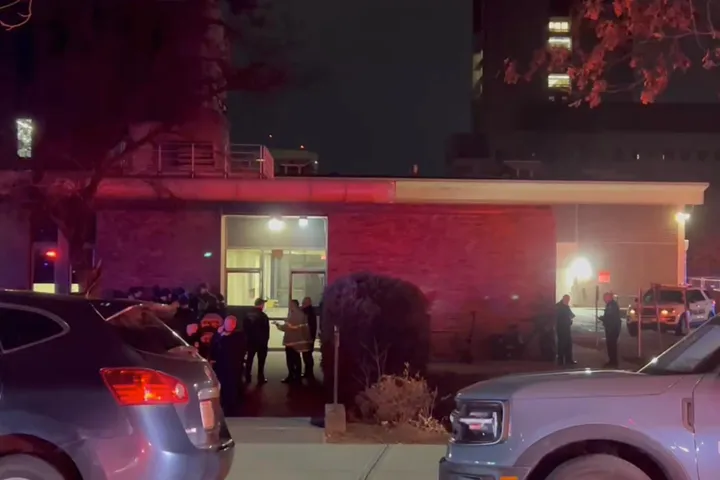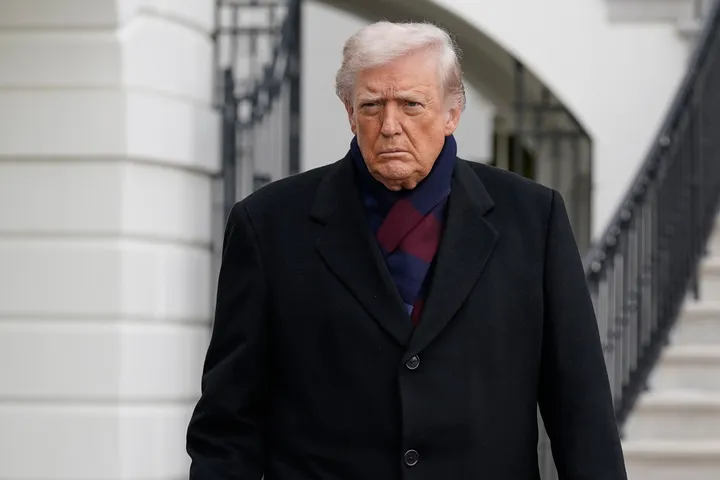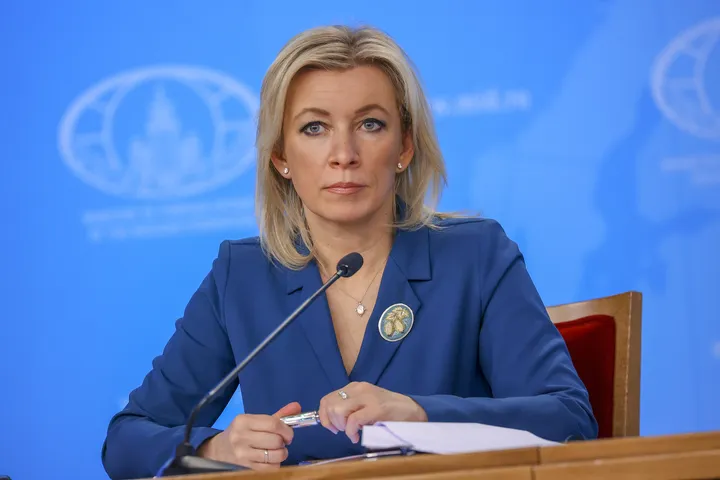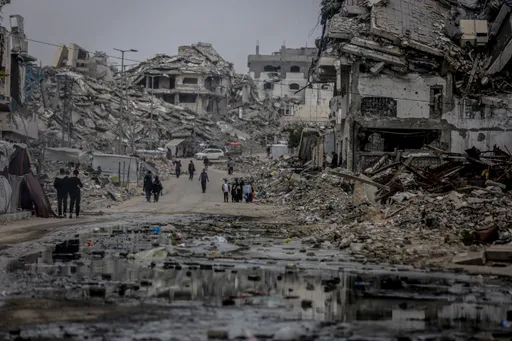Scattered clashes around Chile between protesters and police have marked the third anniversary of widespread protests against inequality in 2019 that left more than 30 people dead.
In the capital of Santiago, hooded protesters lit fires and threw rocks at police on Tuesday, including in the area surrounding Plaza Baquedano, the epicentre of the 2019 riots, while police responded with gas and water cannons.
Other peaceful protesters gathered around the capital to remember the victims.
"Perhaps there were people who did evil, destruction, but there are many of us who were - and are - asking for justice, dignity," said Marco Valdebenito, 49, whose brother died during the protests in 2020.
"Those of us who fought are here."
Speaking from La Moneda palace on Tuesday morning, leftist President Gabriel Boric, who took office this year and supported the 2019 protests as a legislator, said there was an opportunity to build the foundations of a less unequal society.
"The social unrest expressed - and brought - a lot of pain and has left huge consequences," Boric said. "We will not allow it to be in vain, we cannot be the same as a society after this experience, we cannot make the same mistakes."
'Violations are unacceptable'
Several human groups organisations have questioned the police response during the protests, which left hundreds of protesters blinded by rubber bullets and tens of thousands of people detained.
"To be clear, human rights violations like ocular injuries, sexual assaults, grave injuries, even deaths, are unacceptable," Boric said, adding that the police have the government's "full support to fight crime and assure public order."
The protests that erupted in 2019 died down with an agreement to draft a new constitution and the arrival of the Covid-19 pandemic.
Last December, Chile elected Boric, who supported the constitution-writing process.
But last month, nearly two-thirds of voters rejected the proposed draft despite the new revolutionary mood, amid concerns that parts of the document were too far-reaching.
Boric came to office with promises of turning the deeply unequal country into a greener, more egalitarian "welfare state."
























